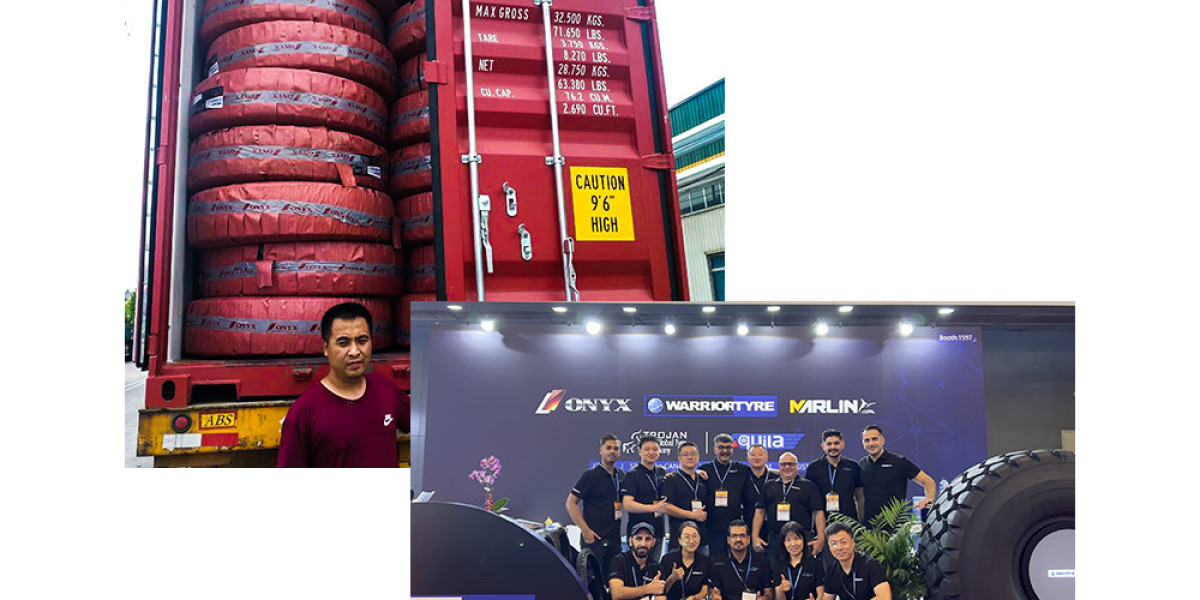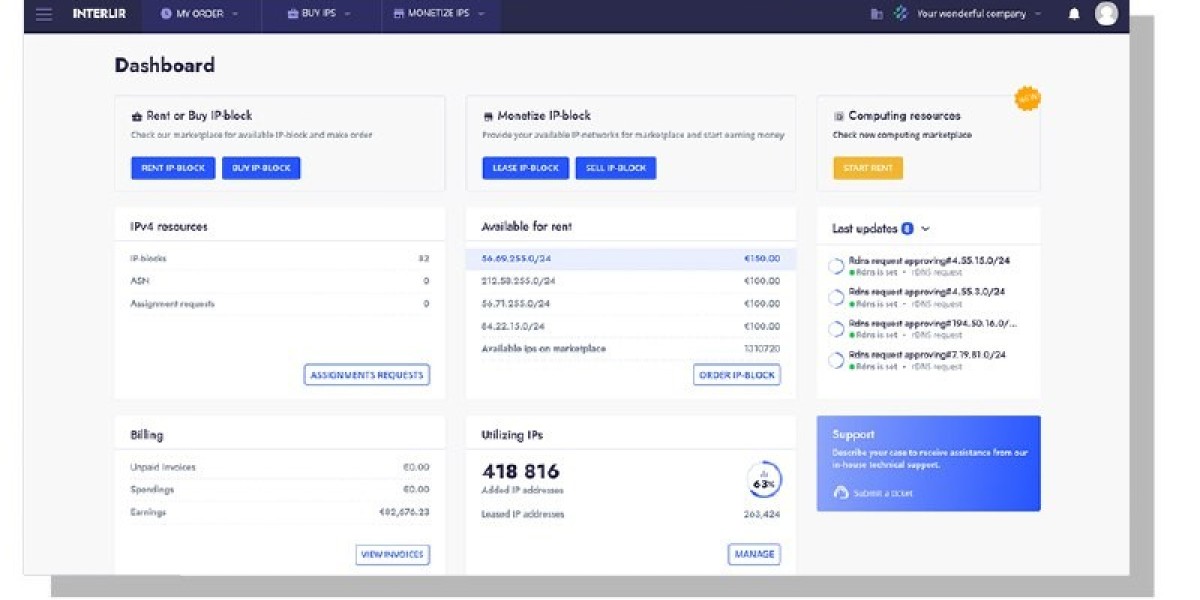Introduction
Public transportation systems and fleet management operations form the backbone of modern mobility — connecting people, goods, and businesses efficiently. From city buses and intercity coaches to delivery vans and logistics fleets, millions of vehicles move daily, and one factor unites them all: the tyres that keep them rolling safely and reliably.
While tyres might seem like a basic component, they play a critical role in fuel efficiency, passenger comfort, and fleet safety. Behind every successful fleet operation stands a network of professional tyre suppliers — partners who provide more than just products. They deliver comprehensive tyre solutions, maintenance support, and digital monitoring systems that ensure fleets operate at maximum efficiency.
In this article, we explore how tyre suppliers support public transportation and fleet management sectors, keeping vehicles moving safely, sustainably, and profitably.
1. Tyres as the Lifeline of Fleet Operations
For fleet managers and public transport operators, tyres aren’t just consumables — they’re assets that directly affect performance, safety, and cost.
A well-chosen tyre can:
Improve fuel economy by reducing rolling resistance.
Enhance driver and passenger comfort through vibration control.
Reduce maintenance costs by lasting longer.
Support safer braking and handling in all weather conditions.
Tyre suppliers understand these dynamics deeply, offering fleets tailored tyre solutions designed for specific vehicle types, load capacities, and usage patterns.
2. Supplying Specialized Tyres for Public Transport
Public buses, city coaches, and intercity vehicles operate continuously in stop-and-go conditions, carrying heavy passenger loads and facing variable road surfaces. This requires durable, high-performance tyres engineered for longevity and safety.
Tyre suppliers cater to this demand by providing:
Urban Bus Tyres: Designed for frequent braking, low rolling resistance, and heat dissipation.
Coach Tyres: Prioritize comfort, quietness, and fuel economy on highways.
Electric Bus Tyres: Built to handle heavier battery weights and high torque.
Top tyre suppliers like Michelin, Continental, Bridgestone, and Goodyear develop specialised public transport tyres that balance safety with efficiency — essential for sustainable city mobility.
3. Tyre Management Solutions for Fleet Efficiency
For logistics and transport companies managing hundreds or even thousands of vehicles, manual tyre tracking is nearly impossible. Modern tyre suppliers provide fleet tyre management systems that monitor tyre health digitally.
These systems allow managers to:
Track tyre pressure and temperature in real-time.
Receive alerts for underinflation or overloading.
Predict maintenance needs before failures occur.
Analyze tyre performance across the entire fleet.
Tools like Goodyear FleetOnlineSolutions, Michelin Connected Fleet, and Bridgestone FleetCare help fleets reduce downtime, extend tyre life, and improve operational efficiency.
4. Improving Fuel Efficiency and Sustainability
Fuel costs represent a significant portion of any fleet’s budget. Tyres with low rolling resistance can reduce fuel consumption by up to 5%, saving thousands of dollars annually across large fleets.
Tyre suppliers help achieve this by:
Designing fuel-efficient compounds that reduce drag.
Optimizing tread patterns for smoother rolling.
Providing eco-friendly tyres that cut CO₂ emissions.
Offering tyre pressure monitoring to maintain optimal inflation.
With the global shift toward sustainability, many tyre suppliers are developing green tyres using renewable materials, supporting both environmental and financial goals for fleet operators.
5. Enhancing Safety in Public Transportation
Safety is paramount in public transportation. Tyre-related issues like blowouts or poor grip can lead to accidents and service disruptions. To minimize risks, tyre suppliers provide:
Anti-slip tread designs for better wet-road traction.
Durable sidewalls to handle constant city braking.
Advanced braking technology to shorten stopping distances.
Regular inspection and maintenance training for drivers and mechanics.
Many suppliers also run safety programs with public transit authorities, helping educate operators on correct inflation, alignment, and load management.
6. Retreading Programs for Cost Efficiency
One of the smartest solutions for fleets and transport companies is tyre retreading — a process where used tyre casings are given new life with a fresh tread layer.
Tyre suppliers like Bridgestone Bandag, Michelin Remix, and Goodyear TreadMax offer world-class retreading services that:
Cut tyre costs by 40–60%.
Maintain original performance standards.
Support sustainability by reducing waste.
Extend the lifespan of premium tyre casings.
Retreading is especially valuable in the public transport sector, where vehicles cover thousands of kilometers each month. It’s a reliable, eco-conscious solution that aligns with the global move toward circular economies.
7. Tyre Suppliers as Long-Term Partners
Modern tyre suppliers aren’t just vendors — they’re strategic partners who integrate with a fleet’s operational system. They offer:
Customized tyre selection based on data analysis.
Performance-based contracts (pay per kilometer).
On-site maintenance support at depots and logistics hubs.
Training programs for drivers and technicians.
This partnership model ensures that fleets not only get the right tyres but also the expertise and insights needed to operate at peak performance.
8. Digital Transformation in Fleet Tyre Management
Digitalisation has revolutionized fleet operations. Tyre suppliers are leading this transformation with smart sensors, AI analytics, and cloud platforms that provide actionable insights.
Key innovations include:
IoT-enabled smart tyres tracking pressure, wear, and temperature.
Predictive analytics to prevent failures before they occur.
Cloud dashboards for real-time fleet visibility.
Mobile apps allowing managers to monitor tyre status on the go.
For instance, Continental’s ContiConnect™ provides fleet operators with real-time tyre monitoring, reducing the risk of blowouts and saving thousands in repair costs annually.
9. Supporting Electric and Hybrid Fleets
With the rise of electric vehicles (EVs) in public transport and delivery fleets, tyre suppliers are innovating to meet new challenges. EVs are heavier due to batteries and deliver instant torque, which increases tyre wear.
To counter this, suppliers have introduced:
EV-specific tyres with reinforced structures.
Low-noise treads for quieter rides.
Energy-saving compounds to extend EV range.
Durability-focused designs for high torque stress.
As cities electrify their bus and delivery networks, tyre suppliers are playing a central role in ensuring safety, comfort, and energy efficiency.
10. Sustainability and Environmental Impact
Fleet and public transport sectors are under pressure to meet sustainability targets. Tyre suppliers contribute through eco-conscious manufacturing, recycling programs, and emissions reduction technologies.
They’re also adopting carbon-neutral production, reusing scrap rubber, and supporting end-of-life tyre recycling. Some even collaborate with local governments to establish sustainable disposal systems for used tyres, helping create a cleaner, greener transportation ecosystem.
Conclusion
The success of public transportation and fleet management systems depends on more than just engines and logistics — it depends on the strength, reliability, and intelligence of the tyres beneath every vehicle.
Tyre suppliers have evolved from simple distributors into technological and strategic partners. They provide the tools, data, and innovation that help operators cut costs, enhance safety, and achieve sustainability. From smart tyre monitoring to green retreading, their impact is reshaping how fleets move the world.
In a future defined by automation, electrification, and sustainability, tyre suppliers will continue to drive progress — one revolution at a time.







